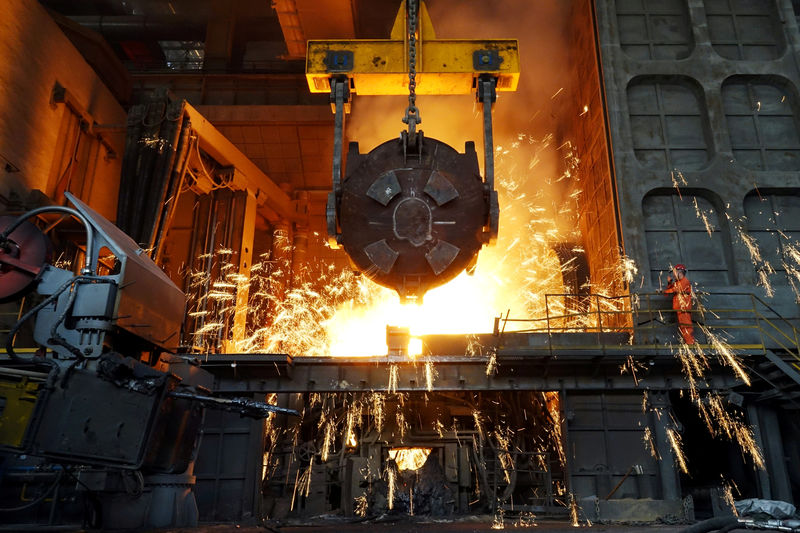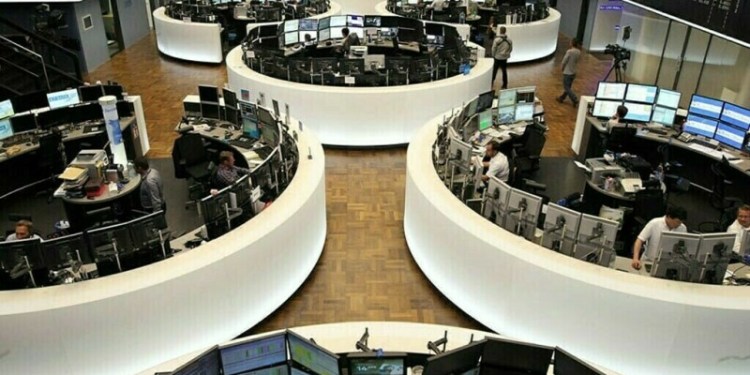 © Reuters. Worker works at a furnace at a steel plant in Dalian
© Reuters. Worker works at a furnace at a steel plant in DalianBRUSSELS (Reuters) – The European Union asked on Monday to join a dispute brought by China to the World Trade Organization over U.S. import tariffs on steel and aluminum, just over a week before U.S. President Trump decides whether they should apply to Europe.
The U.S. administration has set duties of 25 percent on steel and 10 percent on aluminum on grounds of national security, but provided a temporary exemption until May 1 for the European Union.
China has taken the United States to the WTO over the measures. The first step in the WTO process involves consultations.
The WTO said on Monday that the European Union had made a formal request to join the consultations as a party with a significant trade interest in the matter.
The EU noted, according to the WTO, that its interest was substantial because if the exemption ended then the U.S. measures would hit EU exports.
Hong Kong, India, Russia and Thailand have all filed requests to join the consultations. The EU is the first of the parties granted an exemption to seek to join the dispute.
Canada, Mexico, Australia, Argentina, Brazil and South Korea also received temporary exemptions. South Korea’s has since been extended indefinitely.
The European Commission, which coordinates trade policy for the 28-member EU, said that the bloc wanted to be granted a permanent exemption without conditions.
Separately on Monday, India, Russia, Norway, Singapore, Switzerland, Turkey and Venezuela joined China in expressing their concerns or disappointment at the U.S. metals tariffs.
A European Commission source said it was normal for the EU to seek to observe consultations and be able to submit its own views if it had a substantial interest and considered the WTO as the appropriate forum to settle disputes.
Fusion Media or anyone involved with Fusion Media will not accept any liability for loss or damage as a result of reliance on the information including data, quotes, charts and buy/sell signals contained within this website. Please be fully informed regarding the risks and costs associated with trading the financial markets, it is one of the riskiest investment forms possible.
Source: Investing.com




























